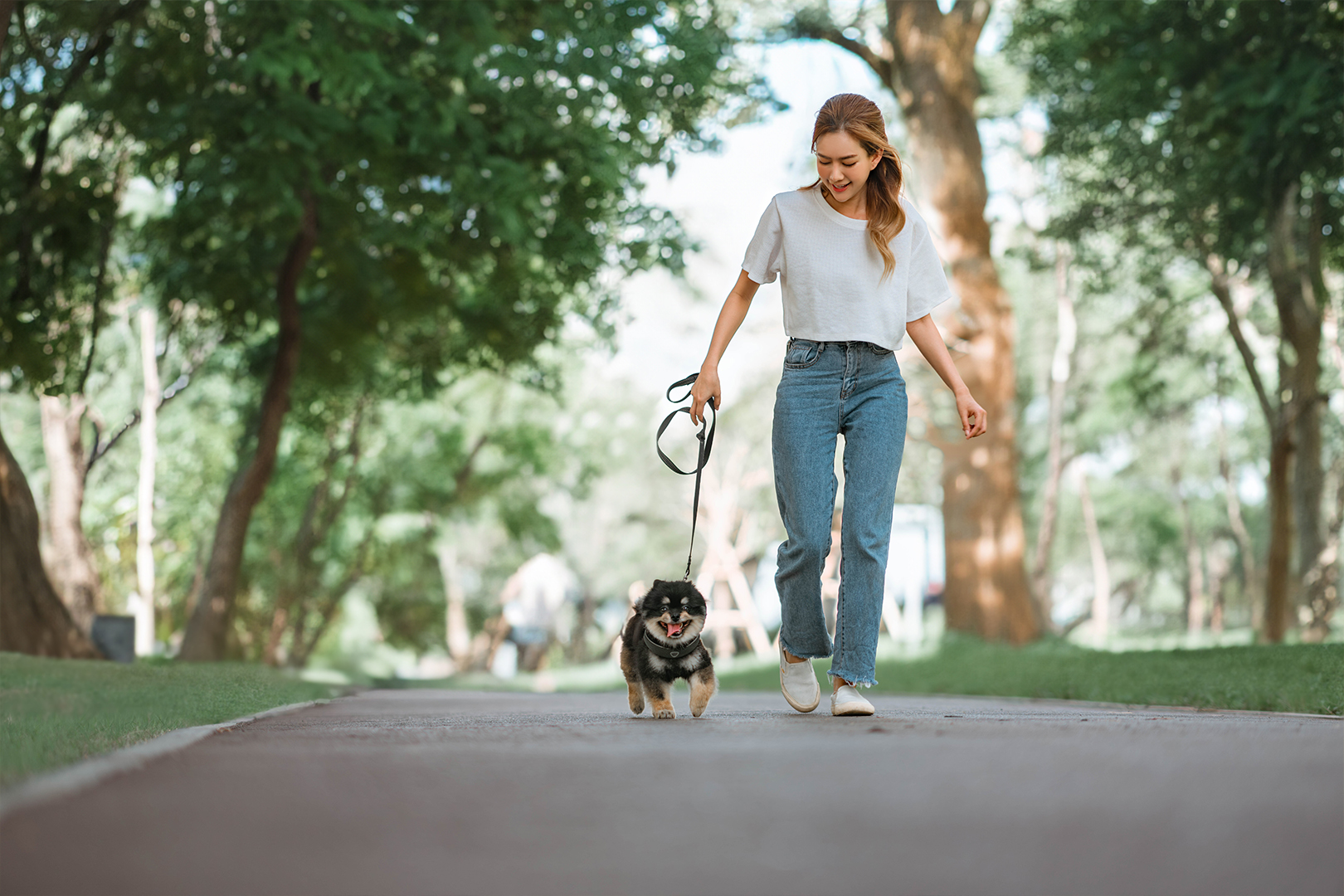Spending time outside is good for your body and mind in many ways, and it can also help you be more creative. And whether you’re walking, running or pottering in the garden, being outside is increasingly being prescribed by health professionals to improve people’s wellbeing.
Understanding Vitamin D: Essential for Indoor Workers
Vitamin D is especially important for people who spend the majority of their time inside.
While certain vitamins can be obtained only from diet, vitamin D is unusual in that our bodies can only manufacture it effectively when sunlight strikes our skin. Indoor workers, such as musicians and composers, may find this difficult.
Low vitamin D levels can cause a variety of health problems, including weakened bones, muscle weakness, and a compromised immune system. Some studies have even connected vitamin D insufficiency to an increased risk of depression and seasonal affective disorder (SAD), emphasising its importance for mental health during the darker winter months.
However, vitamin D production must be balanced with sun safety. While brief amounts of sun exposure promote vitamin D production, too much sun can harm the skin and raise the risk of skin cancer.
The trick is to strike the correct balance: for most people, short periods of sun exposure are sufficient for vitamin D production, whereas longer periods outside should include appropriate sun protection such as sunscreen, protective clothing, and seeking shade.
Physical benefits
Beyond vitamin D production, outdoor time offers numerous physical benefits. Our eyes benefit as well: outdoor light lowers the risk of myopia (short-sightedness in which distant things look hazy), while natural surroundings lower blood pressure and heart rate. In addition, the outdoor environment naturally stimulates more physical activity than indoors.
Physical exercise is known to release brain chemicals such as endorphins, which help to relieve discomfort, reduce stress and boost our mood.
Research shows that simply being in a green space and reconnecting with nature can do wonders for our health.
There is also growing evidence that gardening is particularly therapeutic as it combines physical activity with exposure to sunlight and nature.
Mental wellbeing
Just 10 minutes in nature, exposed to trees, sky, and birdsong can make us happier and reduce stress.
When we spend time outside, our cognitive functions improve as well; people frequently report improved focus, memory, and creativity. Mental fatigue decreases, and many people report feeling more energised and alert.
Social connection
Outdoor time has strong social and emotional benefits. Natural surroundings encourage community and social interaction.
People who spend time outside report higher life satisfaction and better emotional regulation. The connection to nature itself seems to boost wellbeing and vitality.
Making it happen
These benefits don’t require major lifestyle adjustments. Even brief sunshine intervals might boost vitamin D production for indoor workers.
Take a 15-minute lunchtime walk, but remember to apply sunscreen, especially between 11am and 3pm when UV rays are greatest. Spend more time outdoors with a hat, sunglasses, and shade during high UV hours.
Regularly visiting local green spaces or practicing mindfulness outdoors can make a difference.
Morning or late afternoon outdoor time is best because UV rays are less intense while still helping to regulate our body clock.
Even minimal outdoor time improves sleep and wellness. For individuals who can’t get outside enough, working near a window and taking breaks outside becomes especially important.


